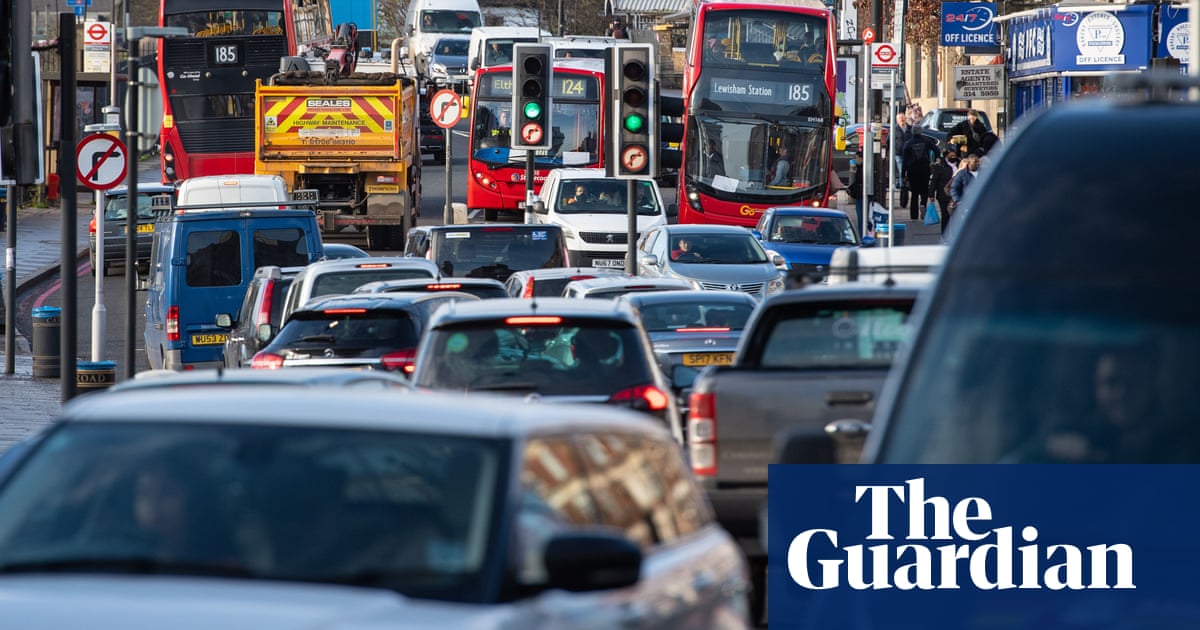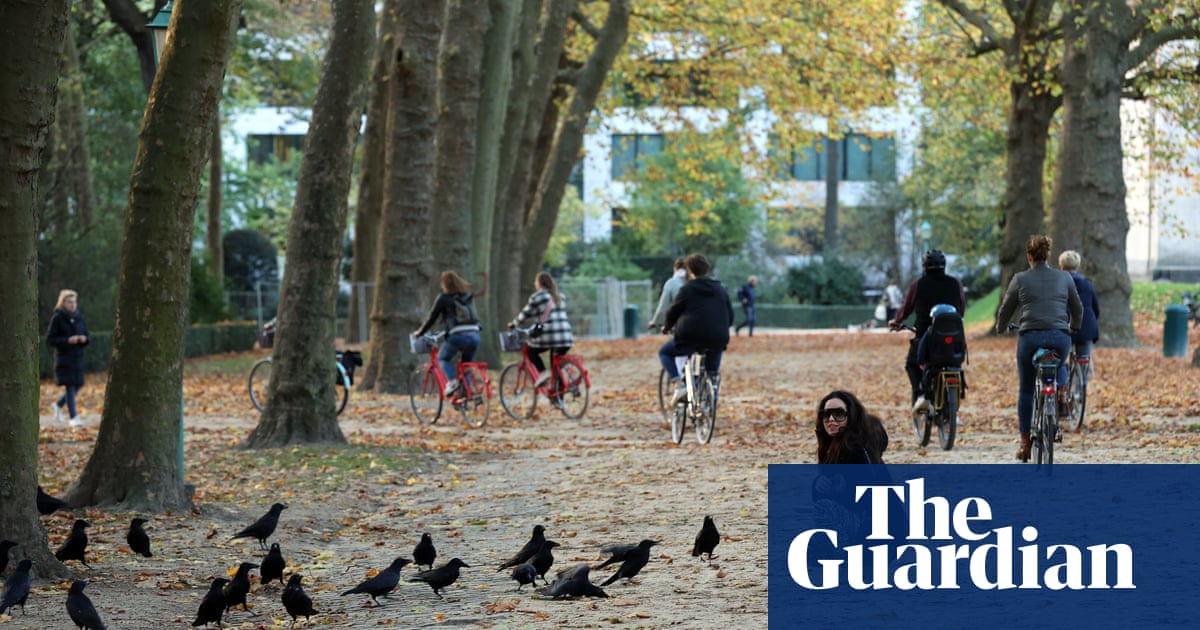
Britain’s future sporting performance could be hampered by air pollution because some training grounds are in areas with dangerously high pollution levels, a report has revealed.
The Breathe GB study analysed pollution levels at 94 sporting sites, with one of the highest recorded levels at Birmingham’s Perry Park, host of the 2022 Commonwealth Games.
Other important training grounds, such as the running track where Sir Mo Farah and Christine Ohuruogu trained, have pollution levels that breach World Health Organization (WHO) recommended limits.
The study suggests children exercising in areas of high pollution will experience stunted lung function that will limit their future sporting performance.
Advertisement
Dr Ian Mudway, a senior lecturer in respiratory toxicology at King’s College London, said: “A child growing up with asthma in a polluted city will have worse symptoms that will limit their potential to train … which is likely to have an impact on their optimal level of performance.”
Jonathan Grigg, a professor of paediatric respiratory and environmental medicine at Queen Mary University, said: “There is very strong evidence that exposure to air pollution stunts children’s lung function. Children with clinically low lung function will have reduced exercise capacity.”
At the launch of the report on Tuesday morning, Mark Bergin, a PE teacher from Manorfield primary school in Poplar, east London, said: “There are elements that we can see now because there is such an increase in the number of children who have asthma pumps; I’ve noticed that over the last 10 years or so of working in education.”
Guardian Today: the headlines, the analysis, the debate - sent direct to you
Read more
To produce the report, campaign group The Air Team spoke with senior respiratory consultants, as well as leaders in physical education, to assess the effects of air pollution on children’s lung function and sporting ability.
They also assessed air pollution at 94 sports sites in England and found that 25 broke WHO recommended limits, while 52 came close to the threshold.
Perry Park was the third most polluted of the sites across London, Birmingham, Nottingham, Salford and Sheffield, with an annual mean level of 50 micrograms of nitrogen dioxide (NO2) a cubic metre of air (μg/m3) – the WHO recommends a safe level of 40μg/m3.
The training grounds of Ridgeway Rovers, where David Beckham and Harry Kane formerly played, and Alpha & Omega FC, Raheem Sterling’s former youth team, have fine particulate matter levels (PM2.5) of 11, above WHO recommended limits.
St Augustine’s Hall, home of the Victoria Park Harriers and Tower Hamlets athletics club, had the highest air pollution levels out of those assessed, with 67 NO2 μg/m3.
Ben Paul, an Air Team campaigner who lives in Bloomsbury, central London with his 10-year-old son, said: “It’s like how it took time for the full health impacts of smoking to be understood. I think this could be a ticking time bomb for our children.
Advertisement
“Kids’ lung capacity can reduce by up to 14% if they live in a high pollution area. Wouldn’t it be great if we could get 14% more medals at the next Olympics?”
The Air Team is calling on sports organisations, MPs, schools and athletes to back their Breathe GB campaign. Its spokeswoman, Anella Wickenden, said: “If you care about British sport, you need to care about air pollution.”
We"ve got an announcement…
… on our progress as an organisation. In service of the escalating climate emergency, we have made an important decision – to renounce fossil fuel advertising, becoming the first major global news organisation to institute an outright ban on taking money from companies that extract fossil fuels.
In October we outlined our pledge: that the Guardian will give global heating, wildlife extinction and pollution the urgent attention and prominence they demand. This resonated with so many readers around the world. We promise to update you on the steps we take to hold ourselves accountable at this defining point in our lifetimes. With climate misinformation rife, and never more dangerous than now, the Guardian"s accurate, authoritative reporting is vital – and we will not stay quiet.
You"ve read 25 articles in the last four months. We chose a different approach: to keep Guardian journalism open for all. We don"t have a paywall because we believe everyone deserves access to factual information, regardless of where they live or what they can afford to pay.
Our editorial independence means we are free to investigate and challenge inaction by those in power. We will inform our readers about threats to the environment based on scientific facts, not driven by commercial or political interests. And we have made several important changes to our style guide to ensure the language we use accurately reflects the environmental emergency.
The Guardian believes that the problems we face on the climate crisis are systemic and that fundamental societal change is needed. We will keep reporting on the efforts of individuals and communities around the world who are fearlessly taking a stand for future generations and the preservation of human life on earth. We want their stories to inspire hope.
We hope you will consider supporting us today. We need your support to keep delivering quality journalism that’s open and independent. Every reader contribution, however big or small, is so valuable. Support the Guardian from as little as $1 – and it only takes a minute. Thank you.












